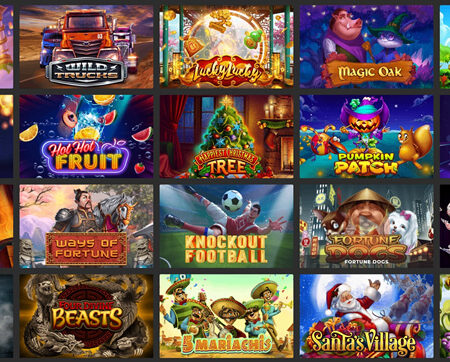In an age where every app from education to fitness looks and feels like a shiny slick game, gamified gambling apps offer lots of excitement – but are they too tempting?

gamified gambling app. Is it risky?
The Gamification of Gambling: A Growing Concern for South Africa’s Youth
In an age where everything from education to fitness apps incorporates elements of gamification, it’s hardly surprising to see gambling also take advantage of this trend. While gamification techniques aim to make an activity more engaging, when applied to gambling, they come with the potential to blur the lines between recreational gaming and serious gambling. This rising gamified gambling apps phenomenon is especially concerning when it comes to South Africa’s youth.
What Is Gamification?
Gamification involves incorporating game-like elements into non-game contexts to make them more engaging. This can include points, rewards, leaderboards, challenges, and other mechanics that encourage user participation and retention.
When it comes to online platforms, gamification is used to create a more captivating and interactive user experience. In the context of gambling, these techniques can make gambling activities seem more like harmless games rather than high-stakes undertakings that can have serious consequences.
The Intersection of Gaming and Gambling
The integration of gamification in gambling is increasingly evident in various forms. Whether it’s online casinos, sports betting apps, or even social media platforms with gambling elements, these environments often feature:
- Engaging graphics and sound effects akin to video games
- Reward systems that offer real or virtual prizes
- Challenges and quests that mimic those found in popular games
- Community features like leaderboards and social sharing
Such elements can make gambling activities feel more like playing a video game, potentially making them more attractive to young people who are already accustomed to similar mechanics in their favorite games.
The Appeal to Youth
South Africa has a young population, with a significant portion of its residents under the age of 30. This demographic is tech-savvy and spends a considerable amount of time online. The gamification of gambling venues exploits this, making it even more alluring:
- Youth are drawn to visually appealing and interactive platforms.
- Many young individuals value immediate rewards, which are commonly found in gamified gambling.
- Peer influence and social proof can drive youth to participate in these activities, especially when they see peers doing the same.
The Risks Involved
The gamification of gambling is not without its risks, and these are particularly concerning when it comes to younger individuals. Here are some of the primary concerns:
- Addiction: Gamified features can make gambling highly addicting. Younger minds are particularly susceptible to the dopamine hits that come from rewards and achievements.
- Financial Risks: Many young people may not fully understand the financial risks involved. They might treat gambling funds like virtual currency in a game, leading to significant financial losses.
- Mental Health: The stress and anxiety associated with gambling losses and addiction can have severe implications for a young person’s mental well-being.
The Legal Landscape in South Africa
South Africa has stringent regulations when it comes to gambling, but enforcement can be challenging, particularly online. Young people can easily bypass age restrictions or access foreign gambling websites where local laws don’t apply.
The National Gambling Board (NGB) aims to monitor and regulate gambling activities within the country. Their regulations prohibit underage gambling and endeavour to create safer environments for legal gamblers. However, the rise of online and mobile platforms complicates enforcement efforts.
Steps to Mitigate the Issue
Addressing the gamification of gambling and its impact on youth requires a multi-faceted approach:
- Education: Schools and parents should educate young people about the risks of gambling, making them aware of how game-like elements can disguise these dangers.
- Regulation: Authorities should ensure stricter enforcement of existing laws and consider updating regulations to address new gamified gambling platforms.
- Technology: Utilizing advanced algorithms and AI can help identify and restrict underage users from accessing gambling websites.
- Public Awareness Campaigns: Government and non-profit organizations should run campaigns highlighting the risks associated with gamified gambling.
Conclusion
The gamification of gambling presents a growing concern in South Africa, especially for the youth who are increasingly drawn to these irresistibly interactive platforms. While it offers an engaging user experience, it also opens the door to severe risks like addiction, financial instability, and mental health issues. Both regulation and education are crucial in addressing this emerging issue. By taking these steps, South Africa can better protect its young population from the perils of gamified gambling.
It’s essential to remember that while gamification can make many aspects of life more enjoyable and engaging, in the realm of gambling, it poses risks that shouldn’t be taken lightly. Playing responsibly Spreading awareness and understanding is the first step towards mitigating these concerns.













